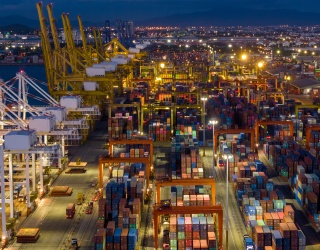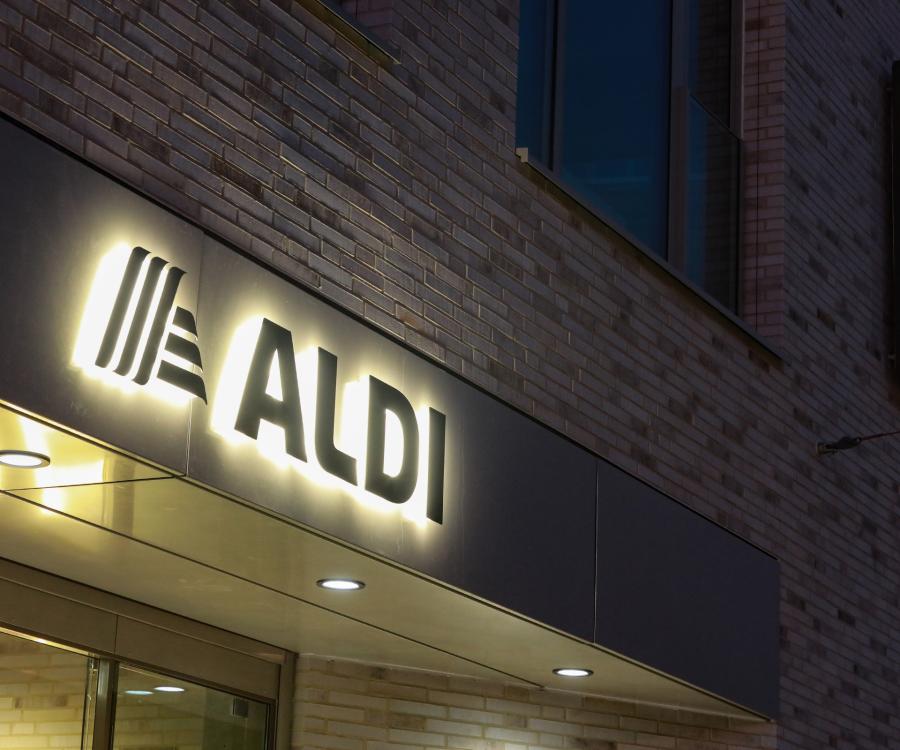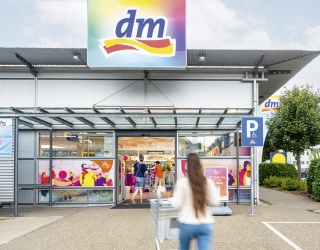
A lengthy order, a faulty delivery, an unsatisfactory customer service - all this is quickly evaluated and spread on the Internet and can have negative consequences for the retailer.
We talked to Alexander De Ruiter from OBI4wan about the tasks that arise here, why they are more complex in online trading than in other industries and the connection between offline and online.
Mr. De Ruiter, crisis management - what exactly does it mean?
Alexander De Ruiter: Crisis management describes the process and the strategies applied within an organisation to deal with events that might have a negative impact on its reputation.
What steps does this process consist of?
First of all, a crisis needs to be detected in an early stage in order to act fast and minimize its impact. There are media monitoring tools like our OBI Brand Monitor that alert organisations instantly when signs of a potential crisis occur. For instance a sudden rise in volume of messages on social media or a change in sentiment of messages can trigger such an alert.
The next step is to collect insights on the who, what, where and when of the crisis. Start by figuring out who the key opinion leaders are and what the sentiment in a discussion is. Moreover, you should look into what drives a discussion and which themes are discussed related to the crisis. As an organisation you are much better able to formulate the right strategy and response when you have a complete picture of what is happening.
It is also important to keep a close eye on the impact of your response and actions to the crisis. Eventually you want to have insights on the long term effects of the crisis on your reputation and evaluate what measures you can take as an organisation to prevent further damage.
How does crisis management work in online retailing?
The points mentioned before also apply for online retailers. Though the monitoring that needs to be in place here is likely more extensive if you look at the variety of products and brands sold. Moreover, retailers are often expected to take a stand in a wide range of topics, such as sustainability, animal welfare, diversity etc. In order to take the right strategic decisions it is important to have a clear picture on what your customers are thinking and sharing on (online) media and review platforms about relevant topics.
What do online retailers have to pay particular attention to?
It is important to know your clients, your target group and what topics are important for them at a given time. Sometimes we see these topics shifting, for example from a big interest in sustainability related issues to an interest in discussions around diversity. Also you should always be aware of impactful sources/influencers and viral content to be able to respond quickly.

Prevention: Can a crisis be prevented?
Contemporary crises can probably not be prevented, however it can be mitigated. If organisations not only monitor their own reputation but also closely monitor the sector they operate in they have a much better overall picture of the public opinion regarding selected topics and can identify areas that need special attention so that a potential crises can be averted.
A look into the future: Where do you see potential: for further development in the field of crisis management?"
Create AI solutions by analysing crisis data from other retailers to determine the ingredients and drivers for a potential crisis. So you know where a potential crisis starts and nip it in the bud before it evolves in a crisis.
What about crisis management in bricks-and-mortar retail trade and how does it differ from crisis management in online retail?
In today’s world everything is connected - a negative event in a local store can be picked up by (social) media and go viral in the same way as for online retail. So also here, it is important to monitor important media sources.





